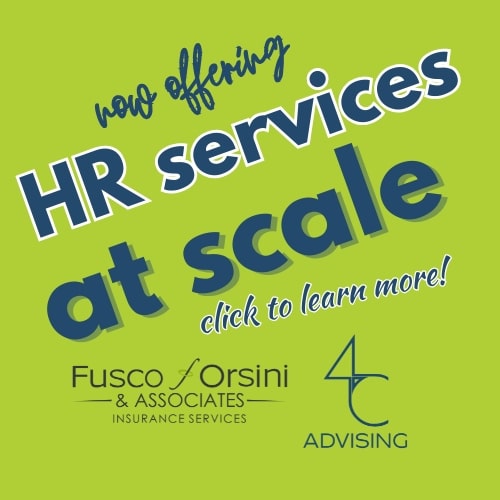


Food truck culture has been on the rise for many years, especially in California’s greater Los Angeles area where there are approximately 4,000 food trucks. It is both an exciting and a relatively affordable way to enter the restaurant business, which adds to its allure.

According to Debra Amato from the California Business Journal, the rise of social media has bolstered food truck culture, too. “It is now possible for consumers to share information on the location of their favorite food trucks on a day-to-day basis…Today consumers can find out if the style or regional cuisine offered by a specific food truck matches their needs – all courtesy of reviews posted by consumers just like themselves.”
If you have big dreams to live the food truck life, congrats! We hear you – and we can’t wait to follow you on the ‘gram. But before you start posting 1080px x 1080 px squares online, let’s talk business. In today’s video, I’m going to share 6 steps to starting your food truck business.
Develop a business plan
A solid business plan should cover the basics of your food truck business. It should include information such as your target market, menu, pricing, location, competition, anticipated foot traffic, and marketing. You should also include financial projects and how you are going to fund the business. At the time of Amato’s article, she shares that the cost to start a food truck is around $50,000, although that rate can vary greatly. It is significantly less than starting a brick-and-mortar restaurant, though, which also carries ongoing operating costs like servers and a kitchen staff.
Licenses and Permits
Next, you’ll need to obtain licenses and permits, which may include a business license, food service permit, safe handler’s certification, and parking permits, etc. Food truck operators need to obtain licenses and permits from local government agencies. These are also usually required by your insurance provider.
Purchase and outfit your food truck
You will need to purchase or lease a truck and equip it with everything you need to run your restaurant on wheels. This will include cooking equipment, refrigeration, and additional supplies. You will want to consider the aesthetic of your truck: how will it look and feel? You want your truck to be on brand with all your marketing.
Design your menu
I bet the chef in you already started doing this, huh? Your menu should first be tailored to your target market. You should be able to prepare each menu item within the confines of the food truck. Depending on your customer base, you may want to consider vegetarian, vegan, or gluten-free options as well. And make sure it’s tasty, right!? Just don’t forget to keep your business plan in mind, especially costs and projections, when building your menu.
Grab your phone – it’s time to go live!
You will need a solid marketing plan to help you attract customers and build brand awareness and loyalty. This is important, as it will keep you organized and focused.
Get insured!
We couldn’t end this discussion without sharing the importance of being protected by a sound insurance policy. There are lots of cookie-cutter insurance policies riddled with exclusions and limitations, and we don’t want you to fall into that trap. The most common insurance policies food truck operators should consider are:
You may want to consider additional policies such as liquor liability insurance and more. Talk to your insurance advisor to ensure you’re putting together the most comprehensive and cost-effective plan possible.
At Fusco Orsini & Associates, we’ve helped hundreds of food, restaurant and beverage operators stay ahead of rate changes, policy changes, and market changes. Please reach out anytime via call or text at (858) 384-1506. We’d be glad to help.
Reference list: OpenAI. (2023, May). [What are the five steps to starting a food truck]. Retrieved from [ChatGPT.com].